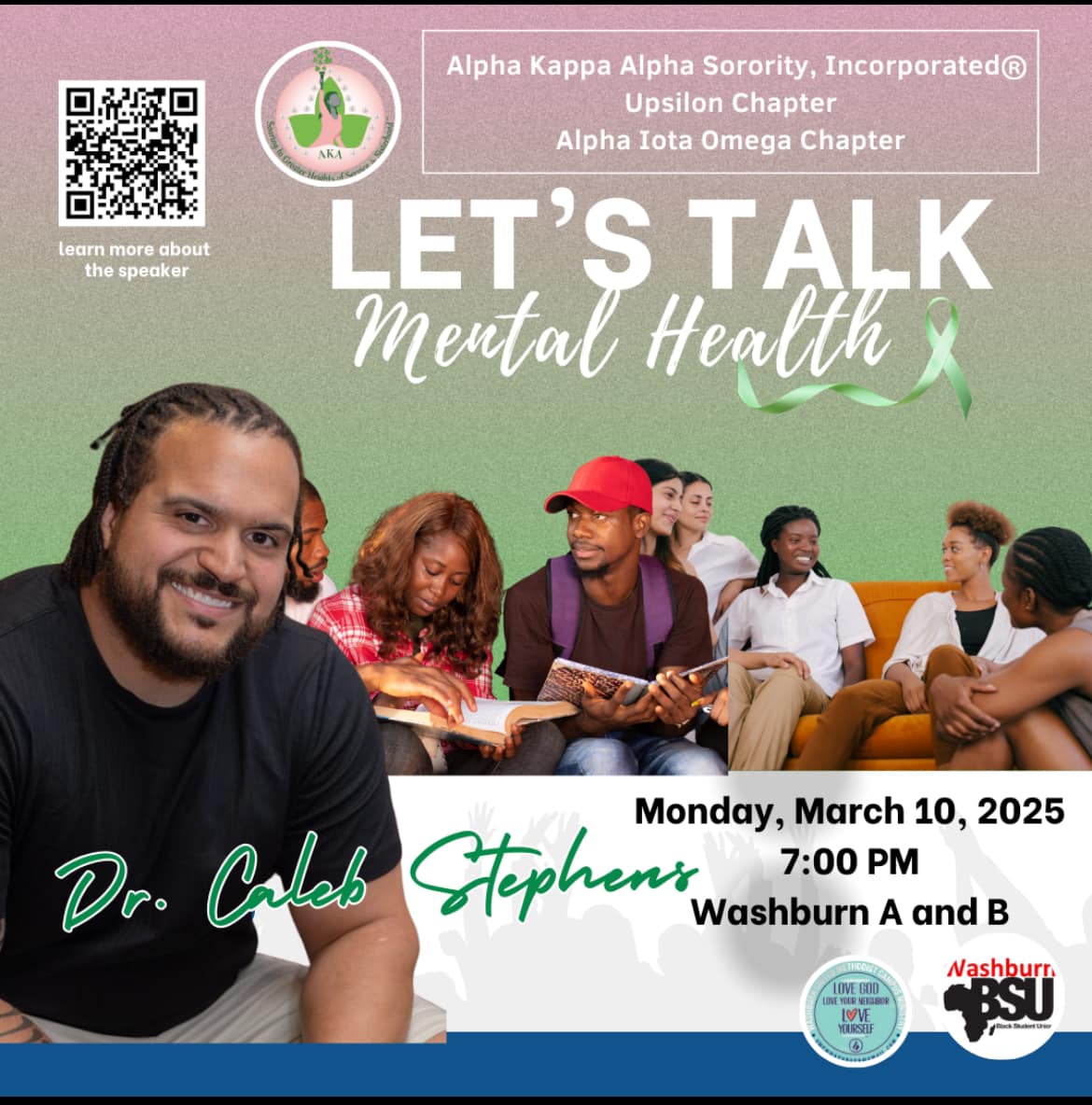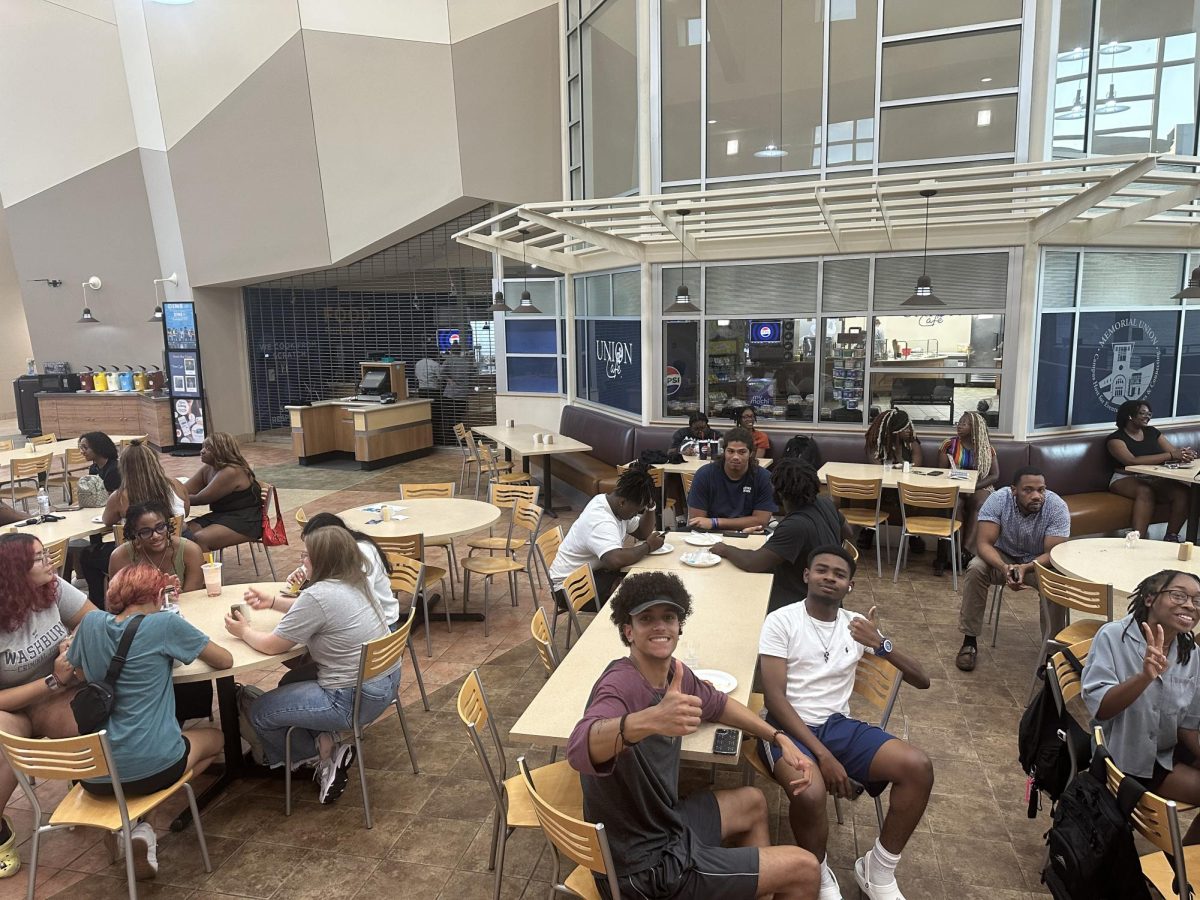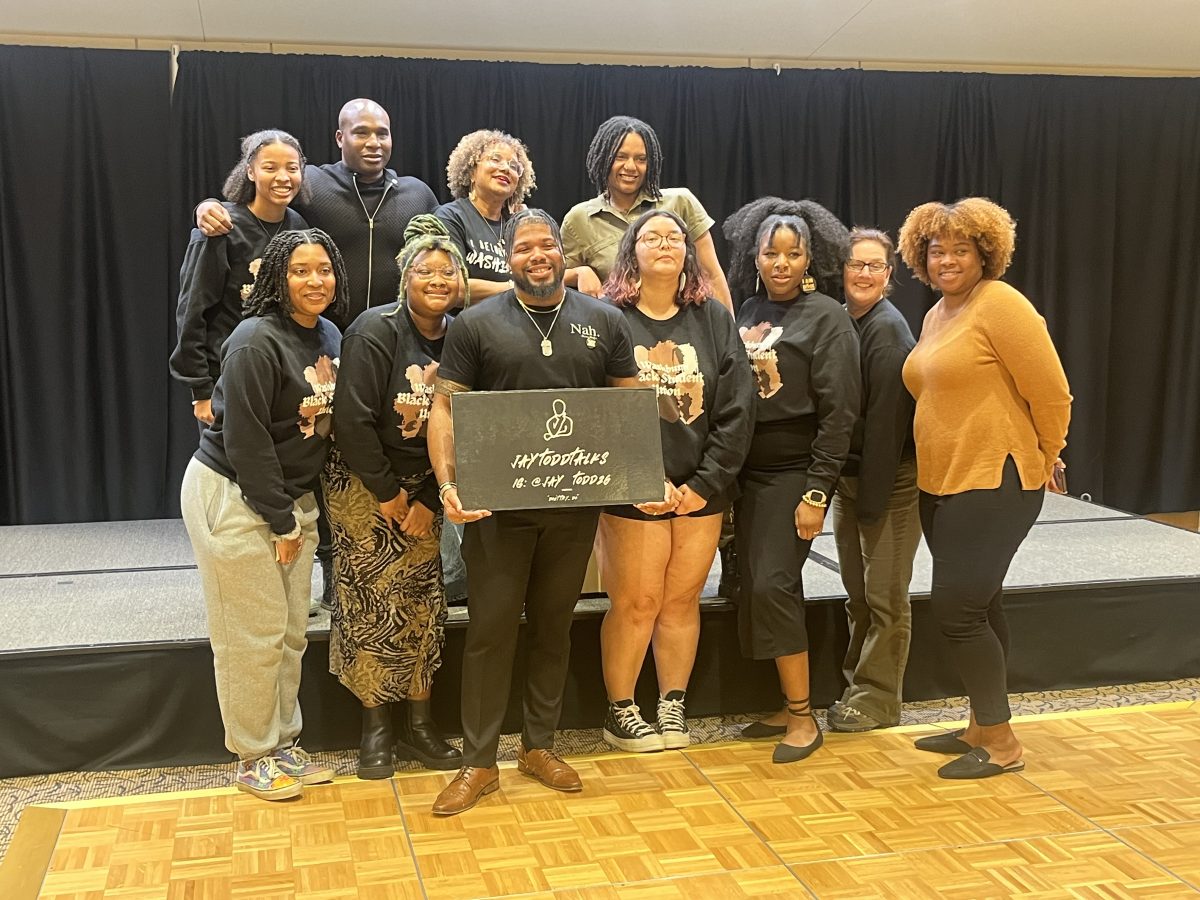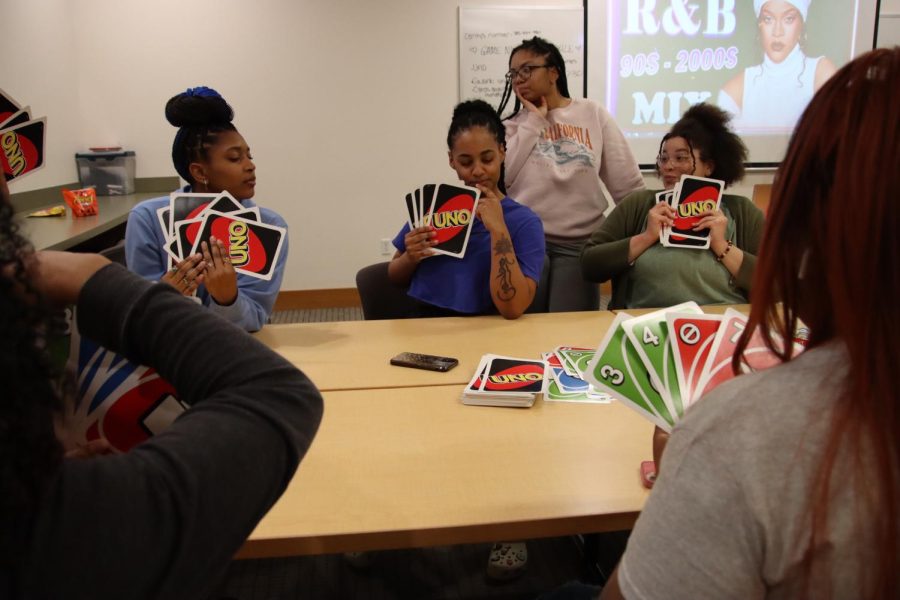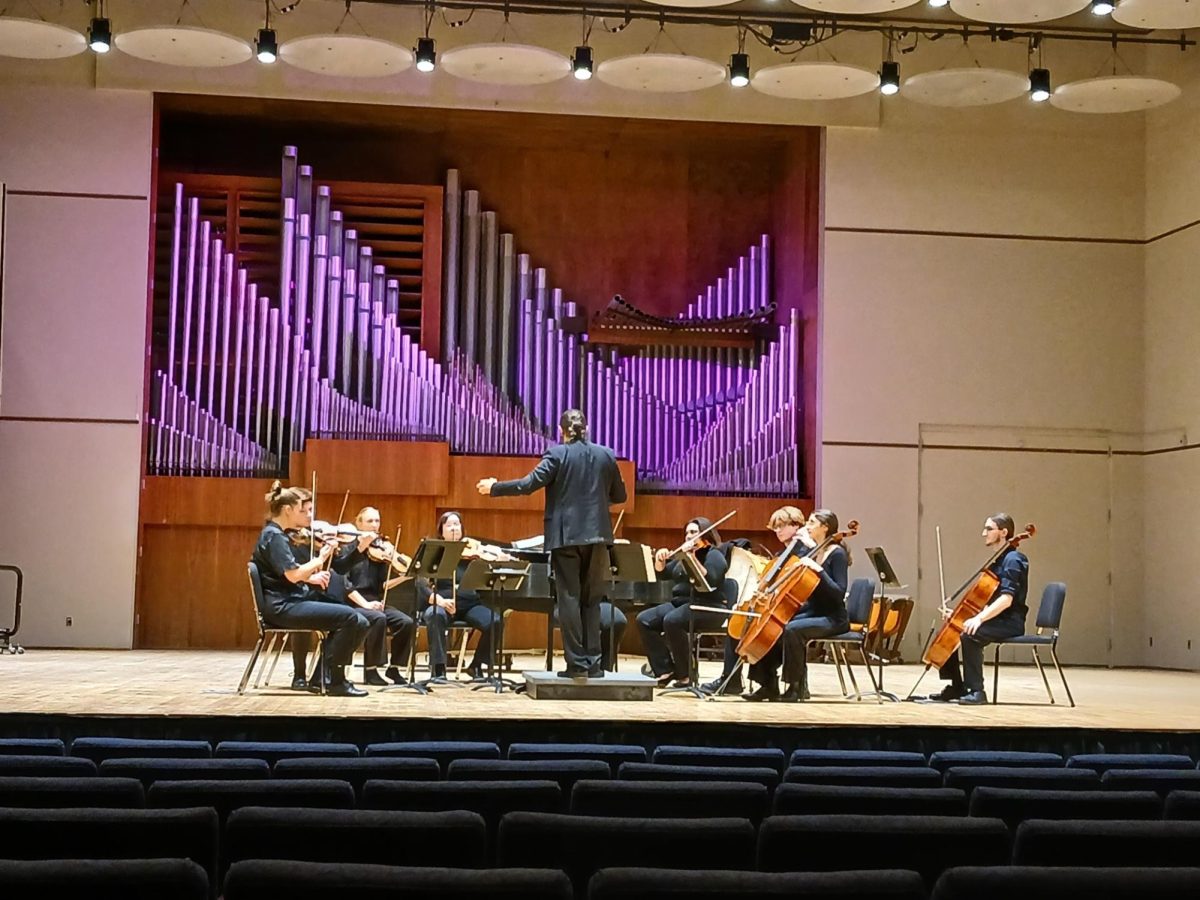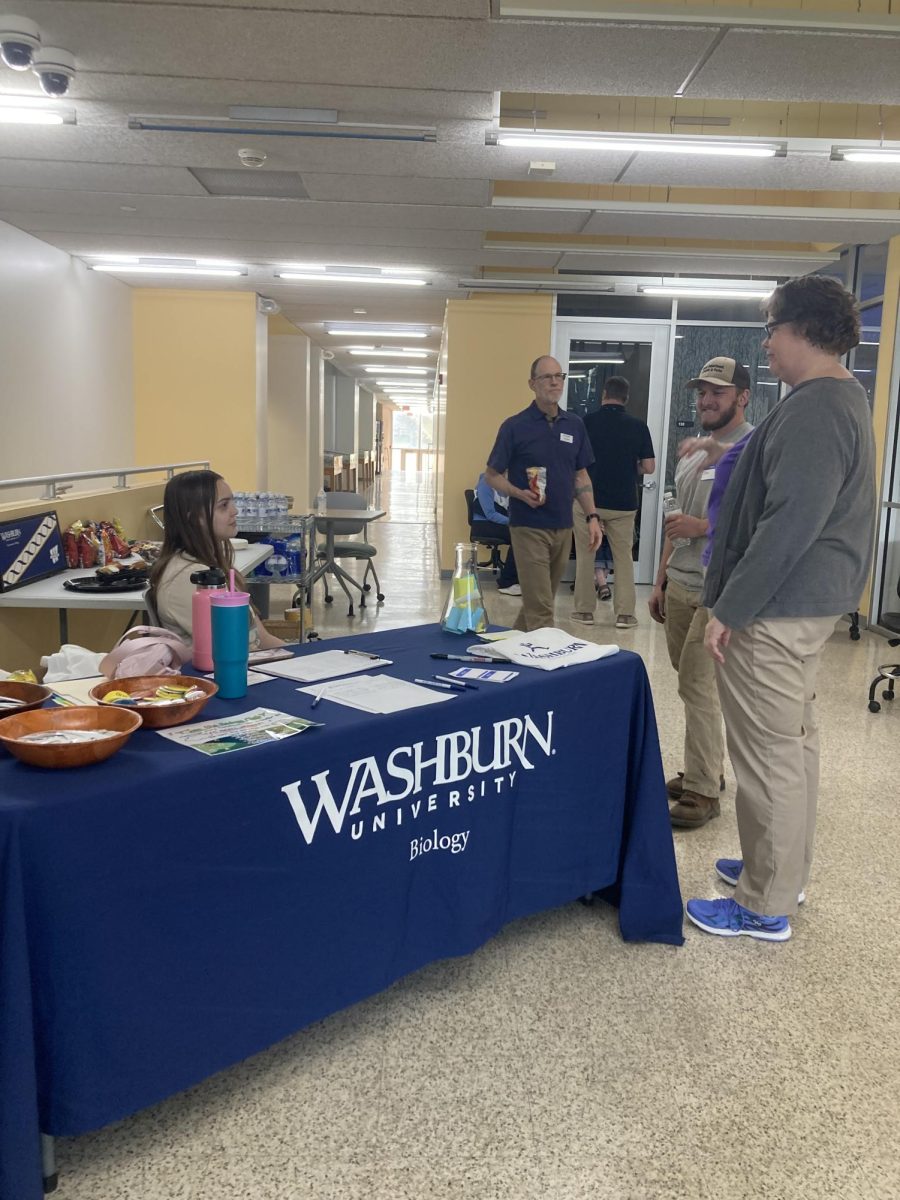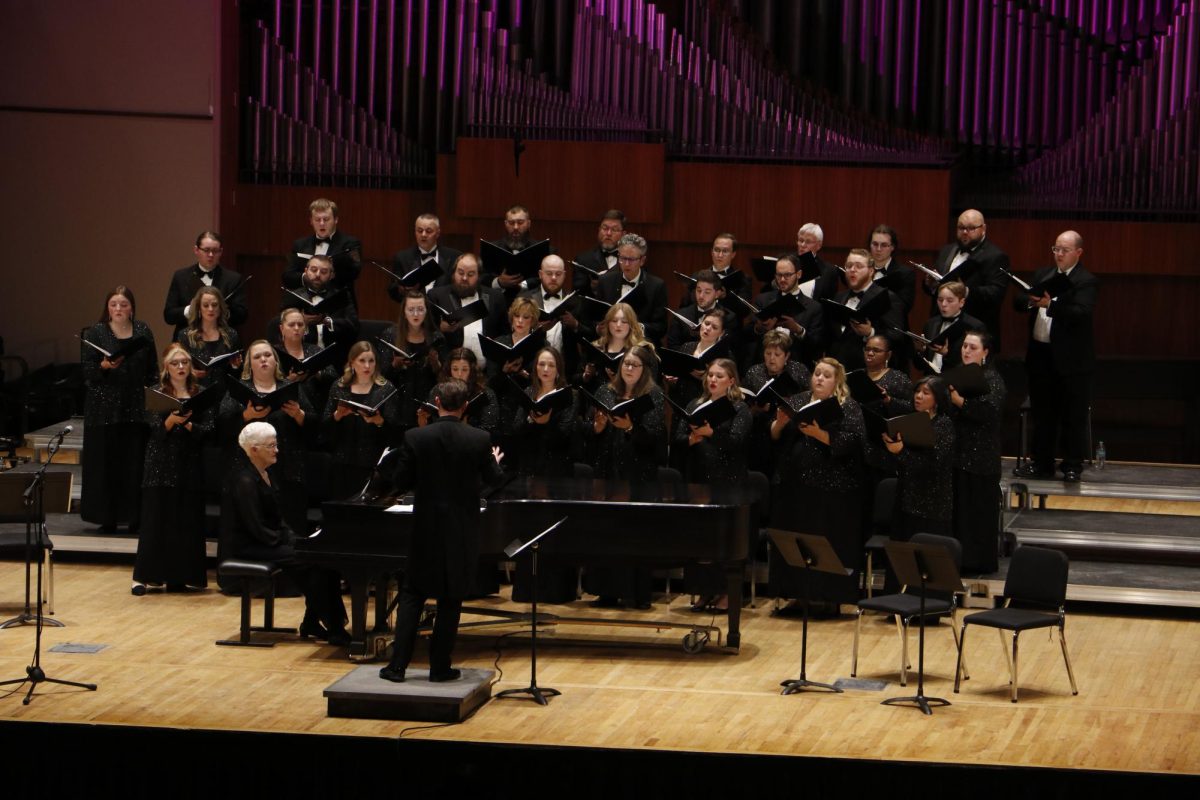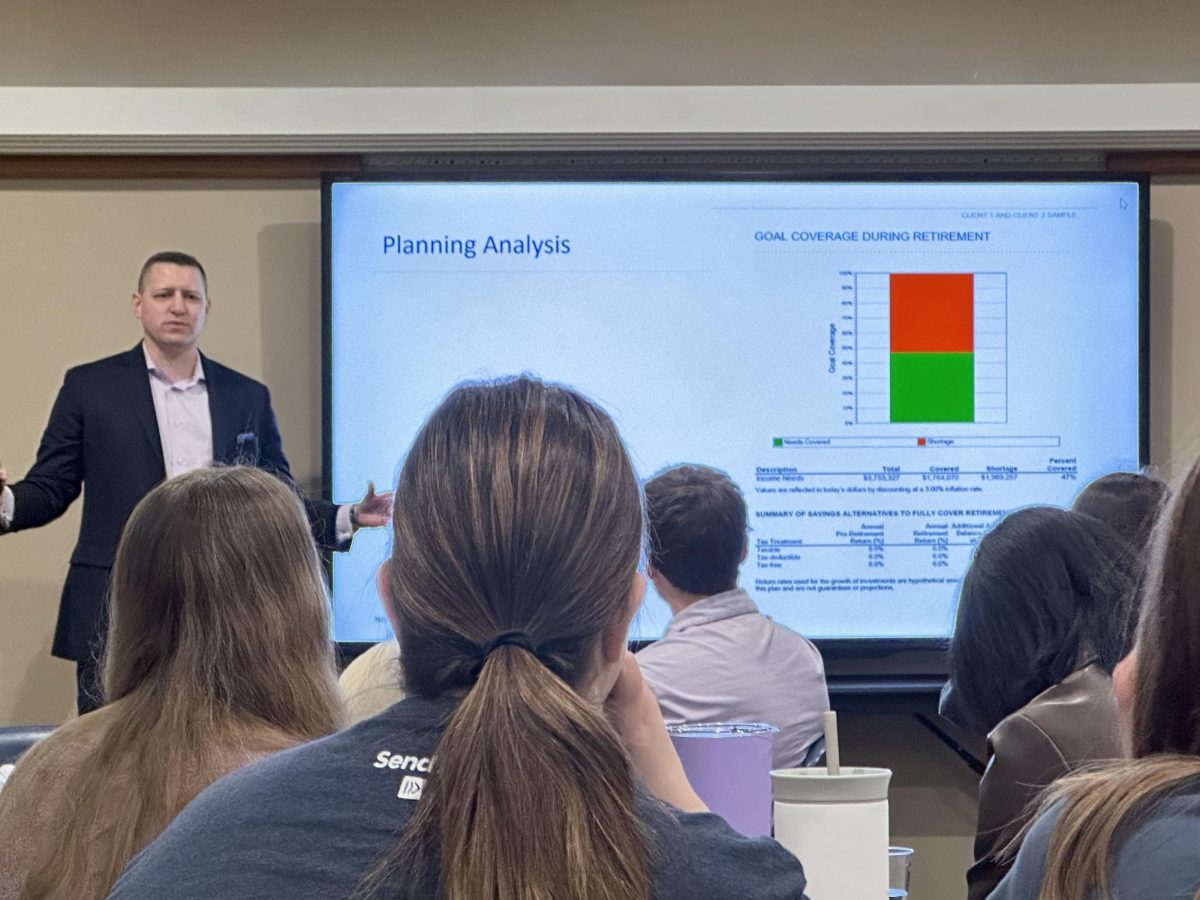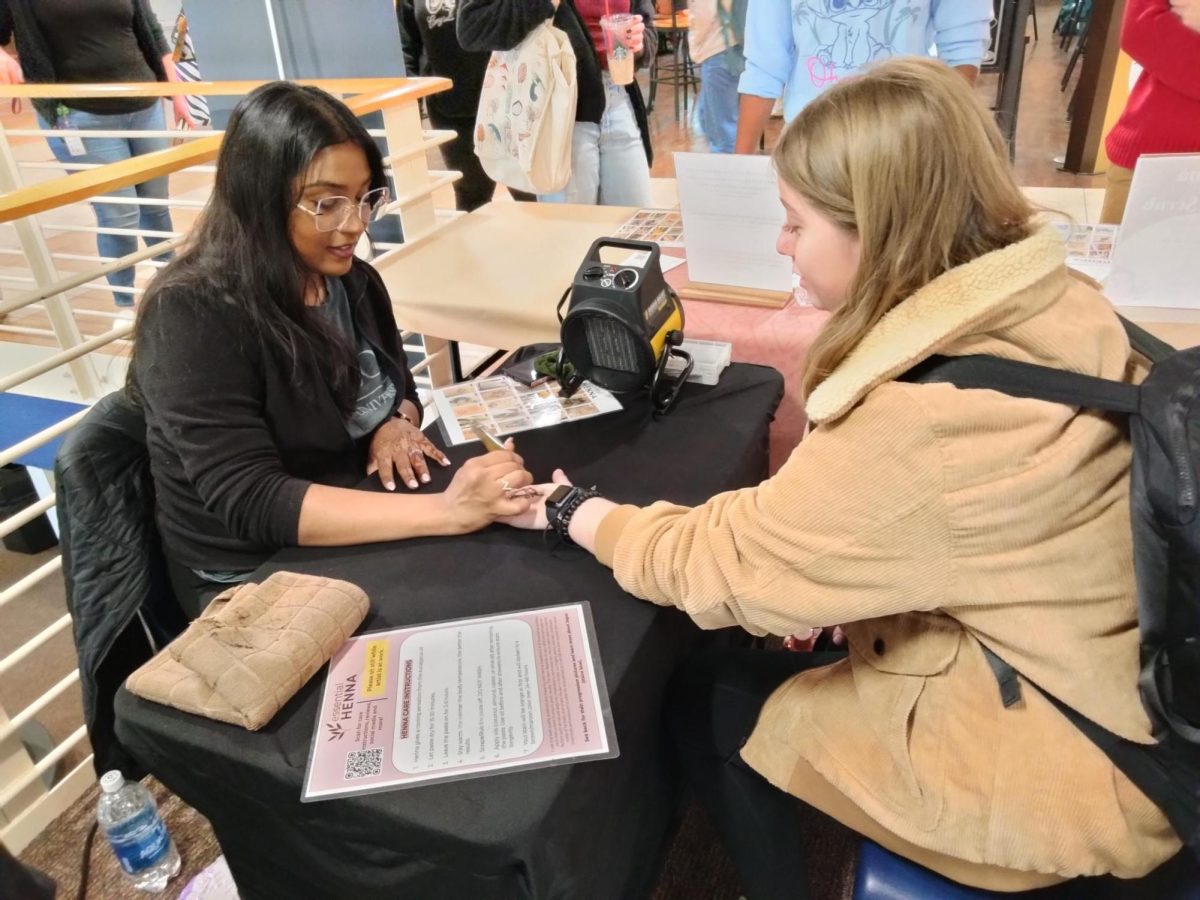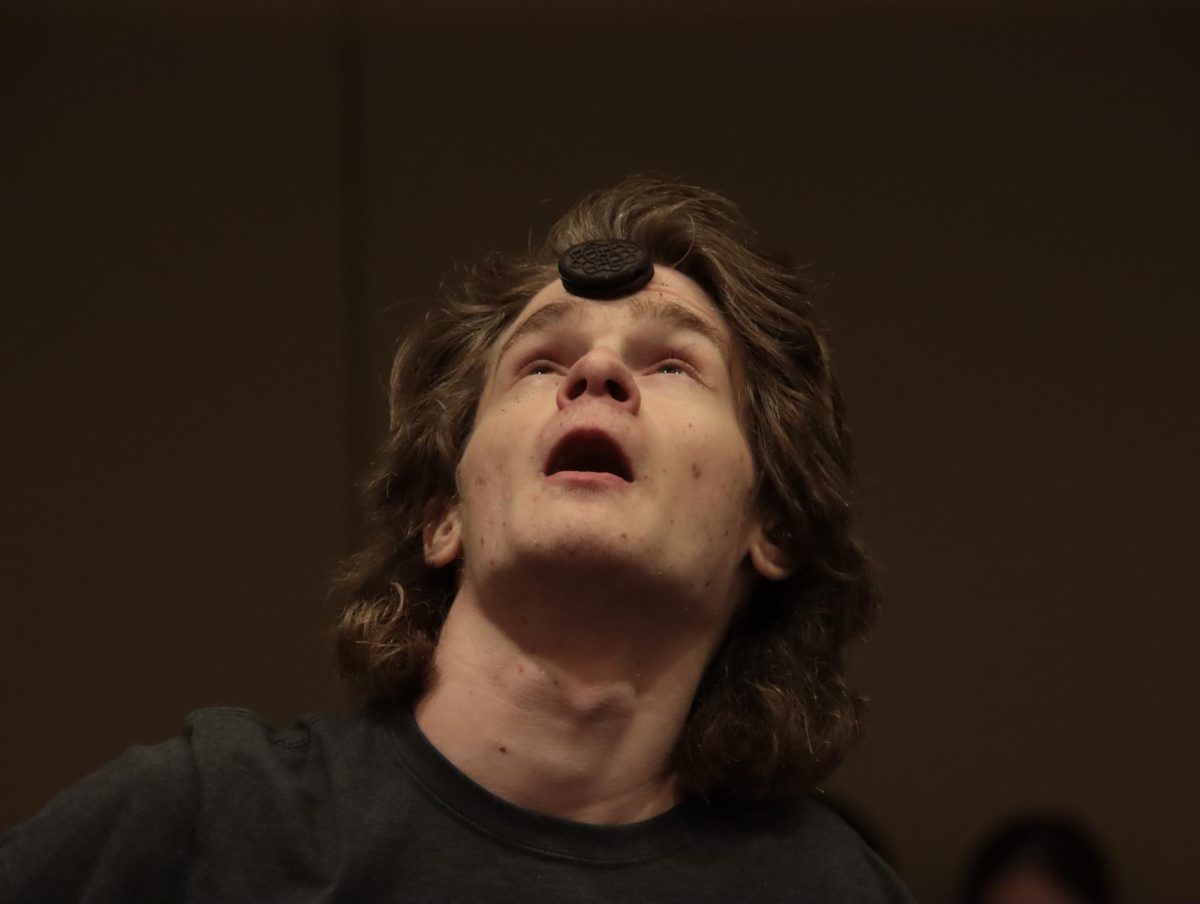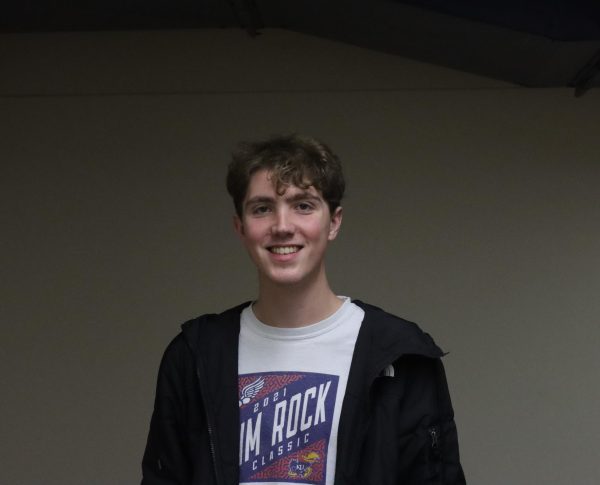On March 10, the Washburn Black Student Union, Alpha Kappa Alpha sorority and Washburn Campus Ministry invited Caleb Stephens, licensed specialist clinical social worker, to talk to students about mental health in pressing times.
“Our sorority has been working to identify what are some of the pressing issues that are emerging, and one of them had to do with young people and mental health. Everything has just been so heavy and young people are growing up at a time [where they are] being exposed to so many things that many of us, way back when, were not so much [exposed to],” said Kathy Williams, reverend of Countryside United Methodist Church.
Stephens is a mental health professional out of Lawrence. His approach to therapy is identity-conscious — focusing on how one’s ethnic identity plays a major role in their experiences and mental health within a society still operating under systemic racism. He cites Kimberlé Crenshaw’s theory of intersectionalism as a major influence in his practice.
“I never saw any black people, ever, as therapists, anywhere. Especially Black men. I wanted to be able to create a space where I could practice the way I wanted to practice and meet people where they’re at and empower a better sense of identity, and work on not only just trauma, but healing as well. Because I don’t think you can do trauma work without doing healing work and have it be ethical,” Stephens said.
The event operated as a low-stress conversation between Stephens and various students. Stephens explained therapy should always feel like a conversation and individuals who are struggling with mental health should never be afraid to go to therapy.
“In a Black community, there’s always a build-up of things on your plate. Then you try and take something off your plate and you’re automatically frowned upon. It’s very common and because it’s not talked about enough, we just keep piling things on and off or just keep going,” said Cinai Anderson, vice president of Washburn BSU.
In a similar vein, Desireé Cain, president of the BSU, advocated for breaking generational curses surrounding stigma.
Stephens hoped for students to learn about how to take care of themselves outside of what everybody else says.
Edited by Alijah McCracken and Jayme Thompson





